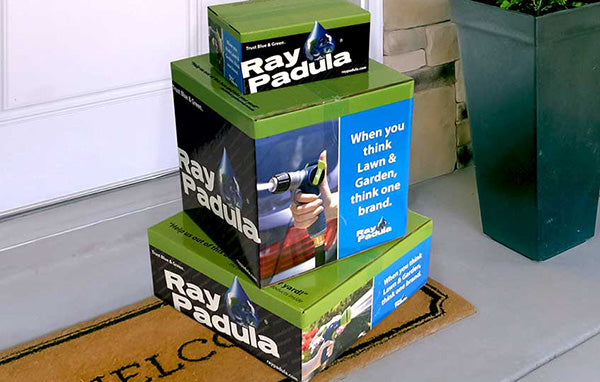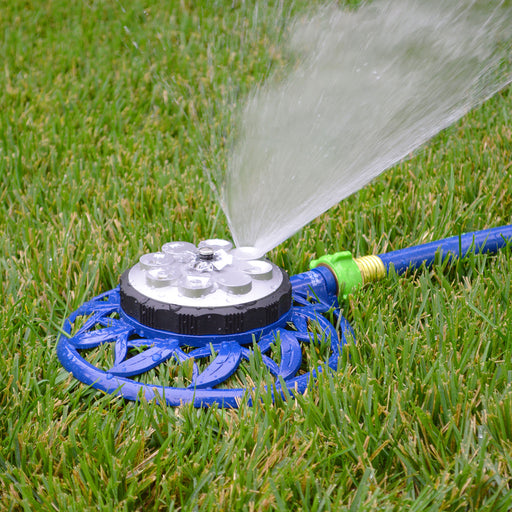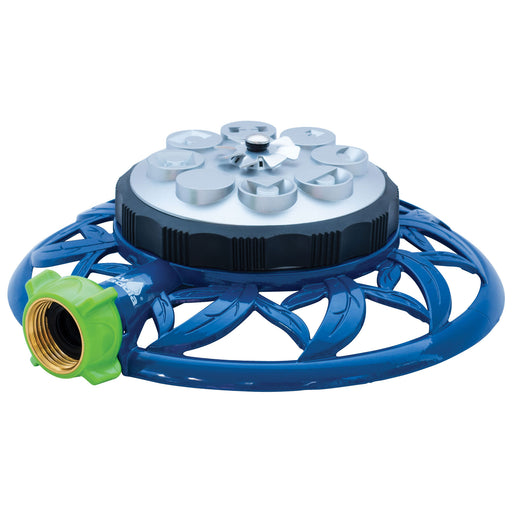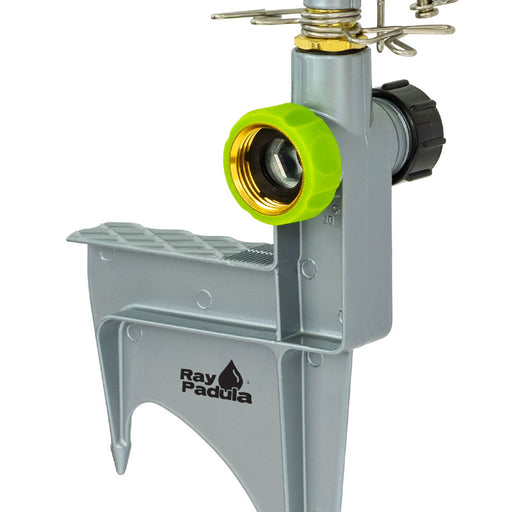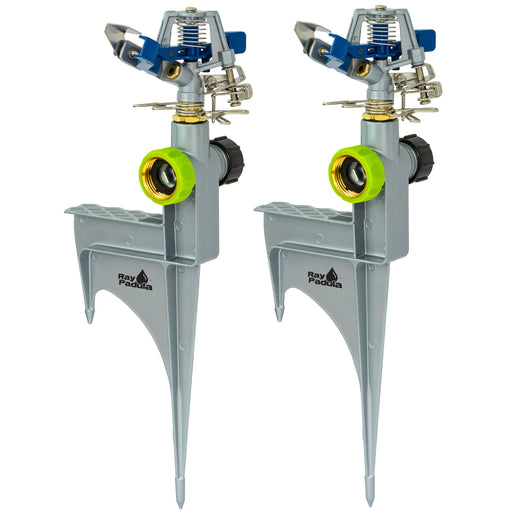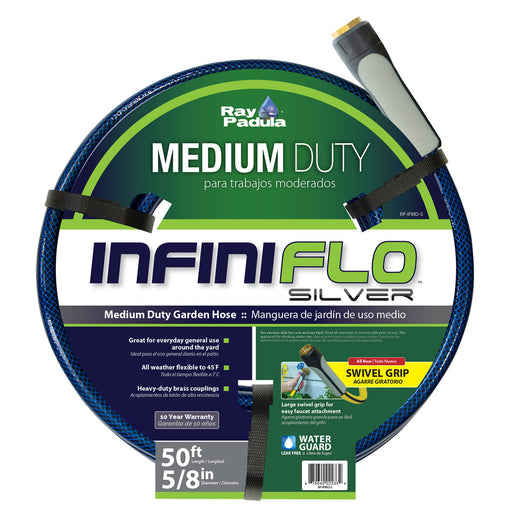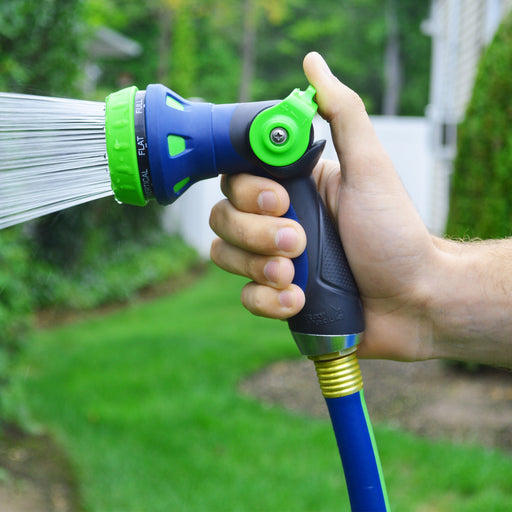
Compost tea is a nutrient-dense additive many organic farmers put on their plants for better growth. Other names for compost tea are slurries, compost seepage, and amended extracts. It is not the liquid that seeps from the compost pile, which is called leachate. Rather, it is a carefully chosen mix of nutrient-dense ingredients added to water. The resulting tea is poured on the plant's roots or sprayed on its leaves (or both) to fertilize it.
There are many methods to making compost tea, and each is unique according to the grower, time of year, and materials at hand. Some like to use aerators, and others might want theirs to ferment. Traditional methods in older gardening techniques are as simple as adding a shovelful of compost to a bucket with water, and then spraying on leaves after it sits for a few days. While manures were traditionally used, it's recommended to not use them because of possible contamination with harmful bacteria.
Aerated Tea
Brewed compost tea is called AACT, or actively aerated compost tea. Those who make this kind of tea recommend providing the microbes in the tea with a food source. Molasses is one of the most common used. Others include orange pulp, kelp, and fruit juices. Aerated compost tea should be used within 3 to 5 days after being made. There are many kits available to make your own tea. The better quality the compost, the better the tea.
Nonaerated Compost Tea
Nonaerated compost tea has many of the same benefits as aerated tea. It is also most cost effective, with the only necessary supplies being a container, compost and water source. Numerous studies have shown the disease protecting qualities of nonaerated compost teas.
Benefits of Compost Tea
Organic growers use compost tea because it shows measurable increases in crop yield, quality, and growth. Plants have better overall appearance, and their nutrient qualities are improved. The tea itself has nutritional benefits, and adding it to the soil also releases additional nutrients that the plant can make available. Cucumbers, for example, were shown to have higher levels of antioxidants. Overall, the plants showed increased biomass which is an indicator of better growth. It also allows an end result of more yield for the plants and better productivity. It is interesting to note that plants that receive foliar spray had comparable results to those that were watered on the roots. The best results were seen when multiple fertilizing methods were used, including compost and applied mineral fertilizers to the soil.
One benefit of compost tea is that it can help the plants to be more disease-resistant. Healthy bacteria in the compost tea inoculates plants from diseases. Research shows that certain kinds of compost tea are more effective at disease prevention from others. A mix applied of compost and water at a 9:1 ratio with humic acid, kelp, and fish hydrolysate was tested by Rodale Institute and Pennsylvania State University. When applied to grape plots, there was a 50% reduction in powdery mildew in the crops.
Compost tea is a reliable and scientifically proven method of getting better yields from crops. It is almost universally seen to improve growth and help with the nutrient capacity of crops. Getting started making compost tea is simple, and you will be able to appreciate the results all season long.
Legal Disclosure:
This post is provided for informational, educational purposes only. This information is intended to provide general guidelines. Because tools, products, materials, techniques, and local codes are constantly changing, Ray Padula Holdings assumes no responsibility for the accuracy of the information contained herein and disclaims any liability for the omissions, errors, or outcomes of any projects or tasks completed. It is the responsibility of the reader to ensure compliance with all local laws, rules, codes, and regulations for any projects completed. If there are any questions or doubts regarding any elements of any information provided, consult a local, licensed professional.


